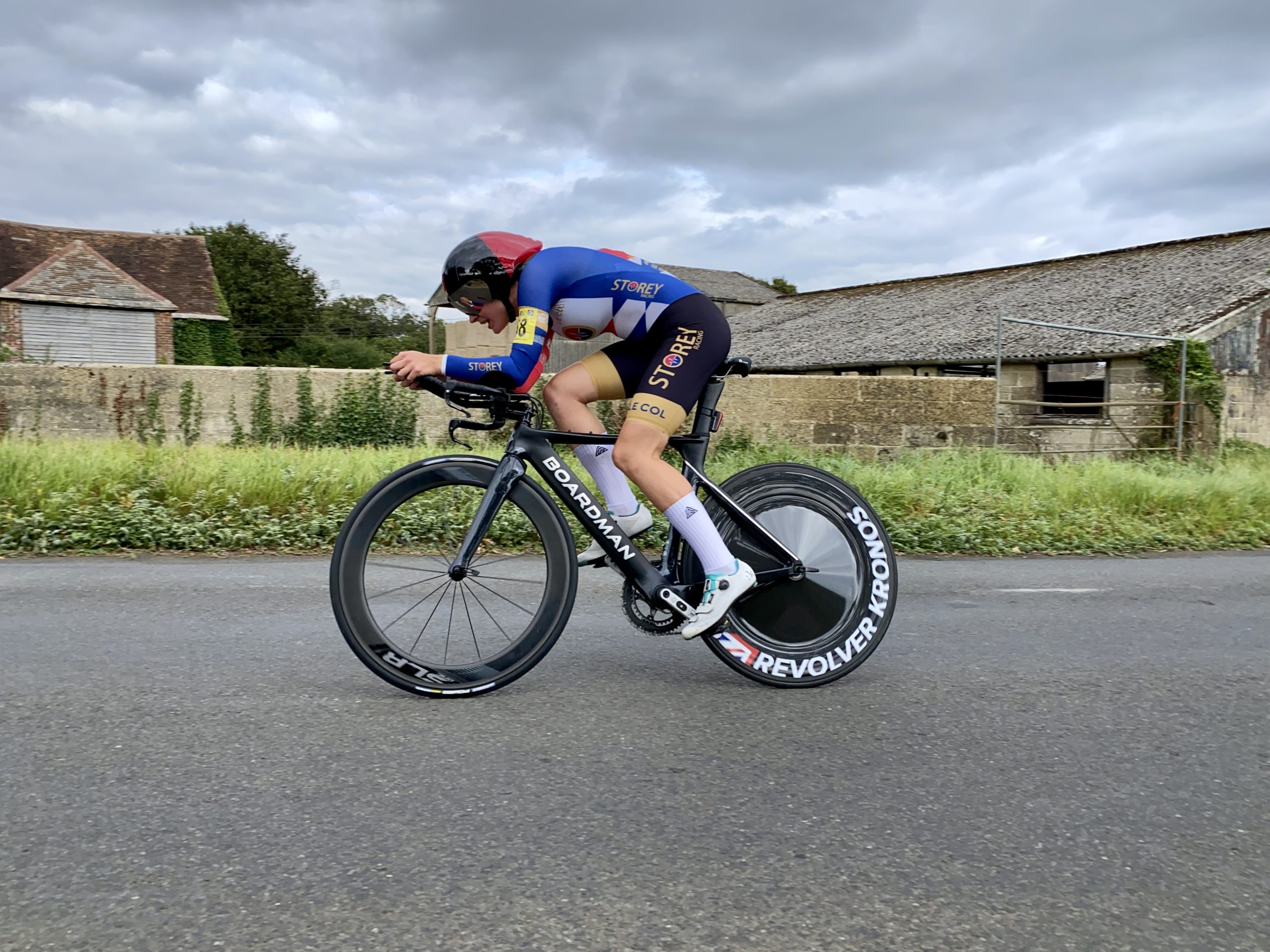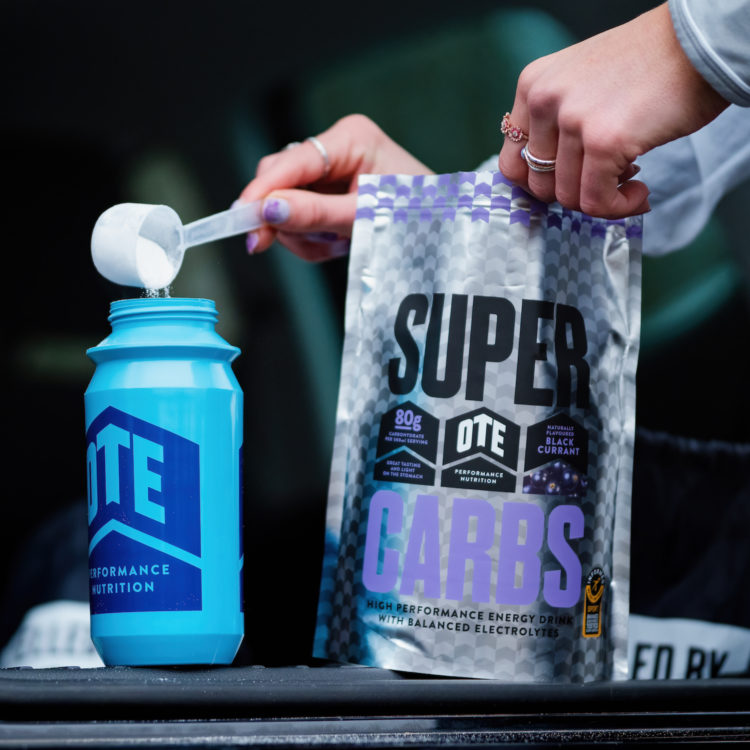Please get me up to speed!
Protein is an essential nutrient for athletes, including endurance athletes. It plays a crucial role in muscle repair, recovery, and adaptation. The optimal protein intake for endurance athletes depends on several factors, including training volume, intensity, duration, and individual goals. In this article, we will explore the recommended protein intake for endurance athletes and the rationale behind it. Endurance athletes, whether cyclists, triathletes, runners or ultra endurance kayakers engage in prolonged, repetitive exercise, which places significant demands on their muscles. During exercise, muscle protein breakdown occurs, and muscle protein synthesis is stimulated afterward to repair and rebuild the damaged muscle tissue. Protein intake is necessary to support this process and to maintain muscle mass.
The recommended protein intake for endurance athletes is typically higher than that for sedentary individuals. The International Society of Sports Nutrition (ISSN) suggests a range (article paper here)of 1.2 to 2.0 grams of protein per kilogram of body weight per day for endurance athletes. The distribution of protein is important too – you can’t just eat it all at once and get the same adaptation. The lower end of the range (1.2 grams/kg/day) is suitable for most endurance athletes with moderate training volumes and intensities. It provides enough protein to support muscle repair and adaptation. Athletes on the higher end of the range (1.6 to 2.0 grams/kg/day) are typically those who engage in high-intensity training or have greater training volumes. They may also have specific goals such as maximising muscle mass or optimising recovery.
To determine the protein intake within this range that is most appropriate for an individual endurance athlete, it is essential to consider their specific training program, body composition, and individual response to protein intake. Working with a sports nutritionist or dietitian can help athletes personalise their nutrition plan to meet their specific needs. It is not simply a case of more equals better. Simply consuming more protein does not automatically lead to better performance or muscle gains. The body has a limit to how much protein it can effectively utilise for muscle protein synthesis. Consuming excessive amounts of protein beyond what the body needs does not provide additional benefits and may place unnecessary stress on the kidneys. Anecdotally, many people actually find their protein needs are met within their diet – for a 70 kg cyclist with a high protein requirement of 140g/day this is only around the same amount of protein found in 500g of chicken, an amount easily consumed in a day.
When should I eat?
Distributing protein intake evenly throughout the day is also important. Research suggests that spreading protein consumption across meals helps optimise muscle protein synthesis. Aim to include a source of high-quality protein (e.g., lean meats, fish, poultry, eggs, dairy, legumes, or plant-based protein sources) in each meal and snack. Generally speaking, most people can’t digest more than 20-30g of protein every 3 hours and this is often the value that a lot of sport nutrition advice given on protein is centred around.
Timing protein intake around exercise can also be beneficial. Consuming protein within the post-exercise window (approximately 30 minutes to two hours after exercise) helps initiate the muscle repair and rebuilding process.(article reference here) Including carbohydrates in this post-workout meal or snack can further enhance recovery by replenishing glycogen stores.

Does it matter what type of proteins I’m ingesting?
Quality of protein sources is another crucial consideration. High-quality protein sources provide all the essential amino acids necessary for muscle protein synthesis. Animal-based proteins, such as lean meats, dairy, and eggs, are considered complete proteins. Plant-based protein sources, such as legumes, quinoa, and soy products, can be combined to ensure all essential amino acids are obtained. Vegan athletes may need to pay extra attention to protein sources and may consider incorporating protein supplements if necessary. It is possible to meet your protein requirements without consuming animal products but it’s also more difficult – for athletes less knowledgeable of the various protein compositions of food that wish to maintain a vegan diet, supplementation is often key.

Besides protein, what else should I consider?
In addition to protein, it is important for endurance athletes to meet their overall energy and carbohydrate requirements. Carbohydrates are the primary fuel source for endurance exercise, and adequate intake is crucial for maintaining optimal performance. A balanced diet that includes carbohydrates, proteins, and healthy fats is necessary to support the demands of endurance training. If athletes wish, they can periodise carbohydrate intake in order to specifically only consume higher volumes when necessary for long duration or high intensity sessions – that said, this can be tricky and a means of maintaining energy must also be found by increasing fat consumption to meet caloric demands. When athletes mess with their carbohydrate intake, it’s important that regular protein consumption continues.

In conclusion, protein is a vital nutrient for endurance athletes, supporting muscle repair, recovery, and adaptation. The recommended protein intake for endurance athletes ranges from 1.2 to 2.0 grams of protein per kilogram of body weight per day. Factors such as training volume, intensity, duration, and individual goals should be considered when determining the appropriate protein intake within this range. It’s important to distribute protein intake evenly throughout the day, time protein consumption around exercise, and ensure high-quality protein sources are included in the diet. Working with a sports nutritionist or dietitian can help athletes personalise their nutrition plan to optimise their performance and recovery. Finally, athletes need to ensure that they consume enough calories to meet the energy demands of their endurance sport as chronic underfueling can have large negative health implications.










